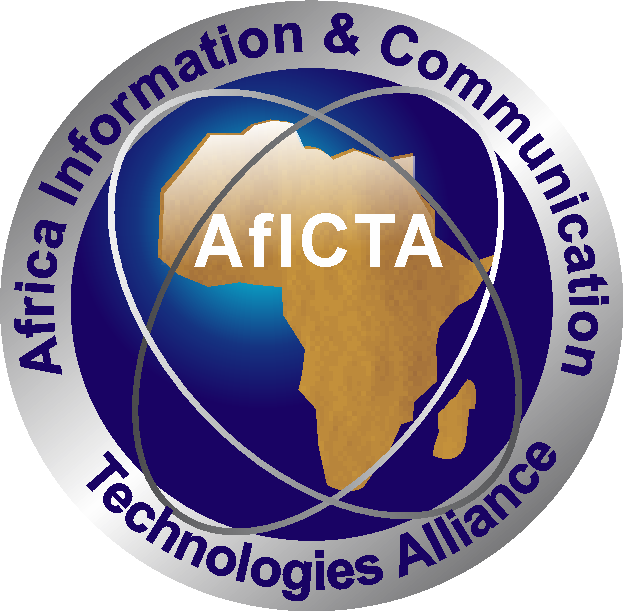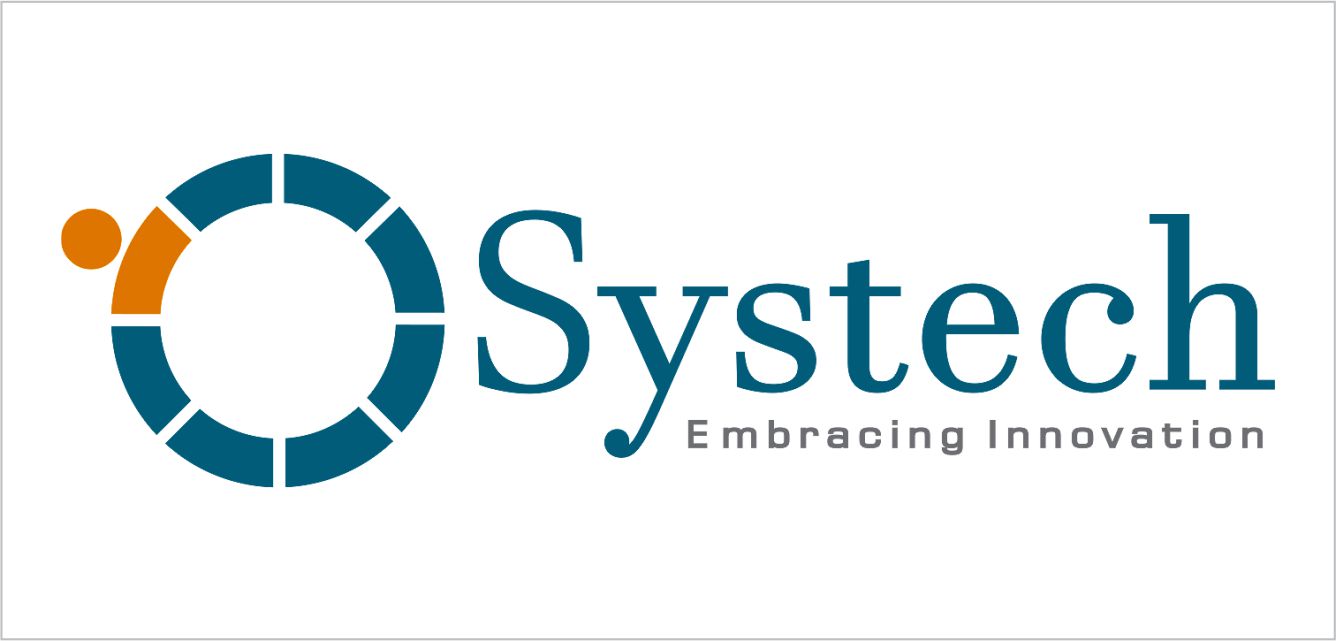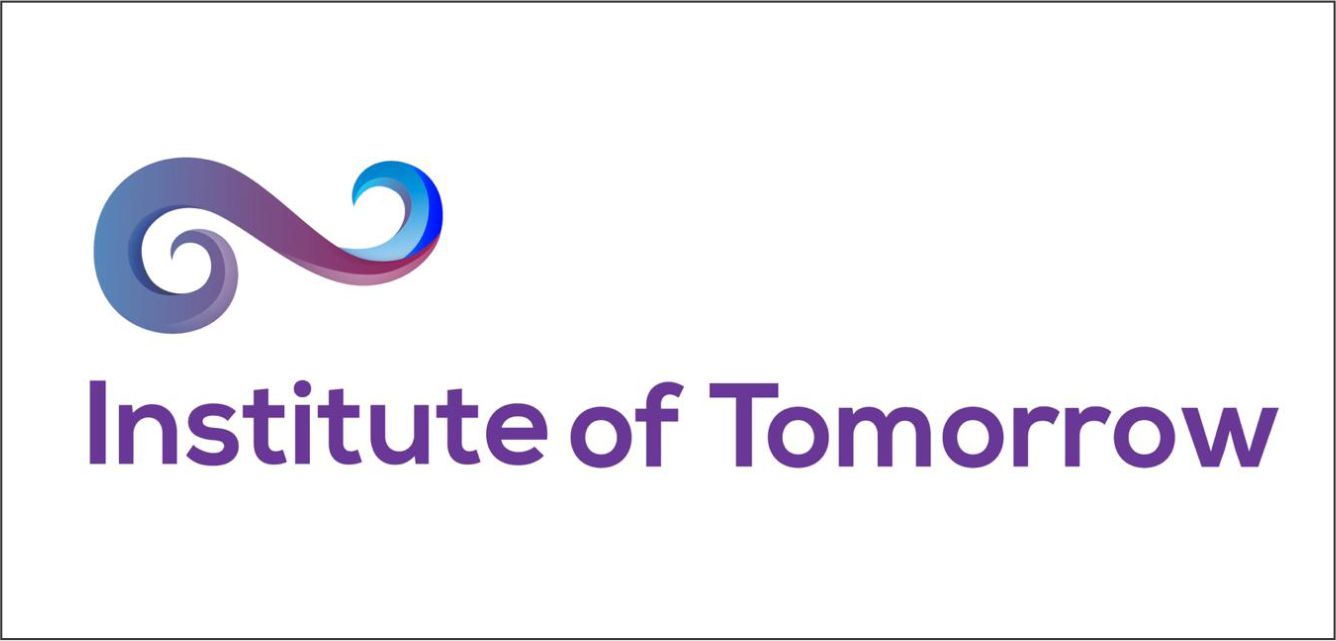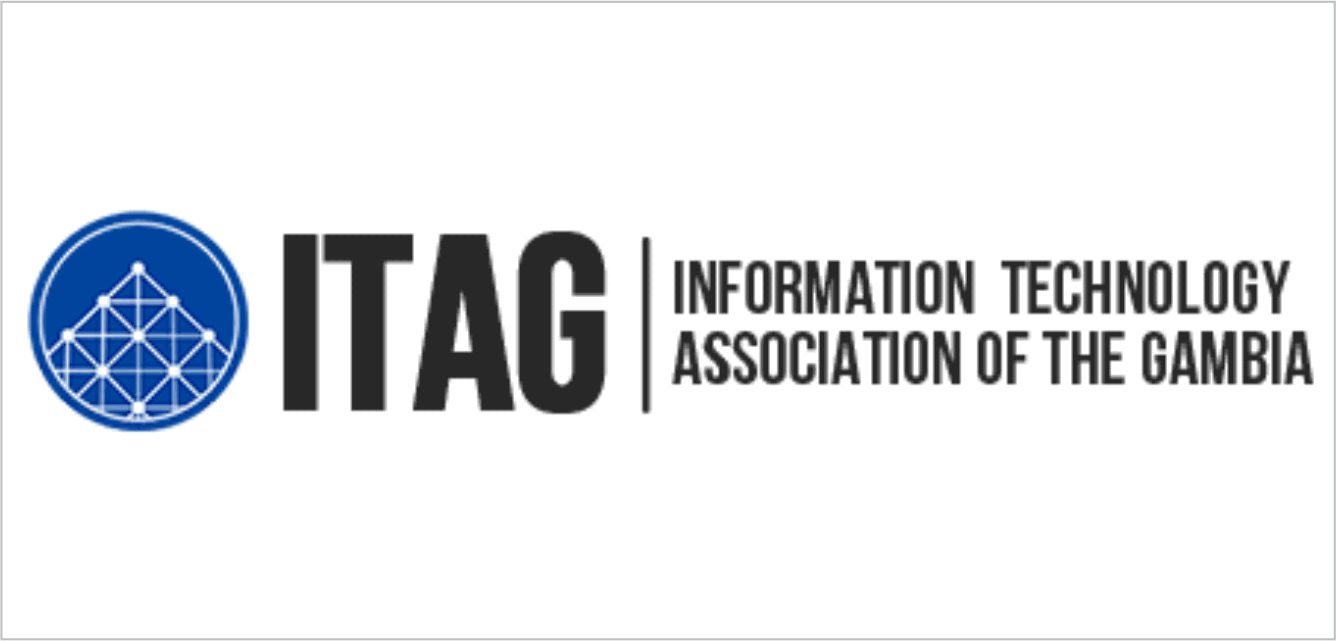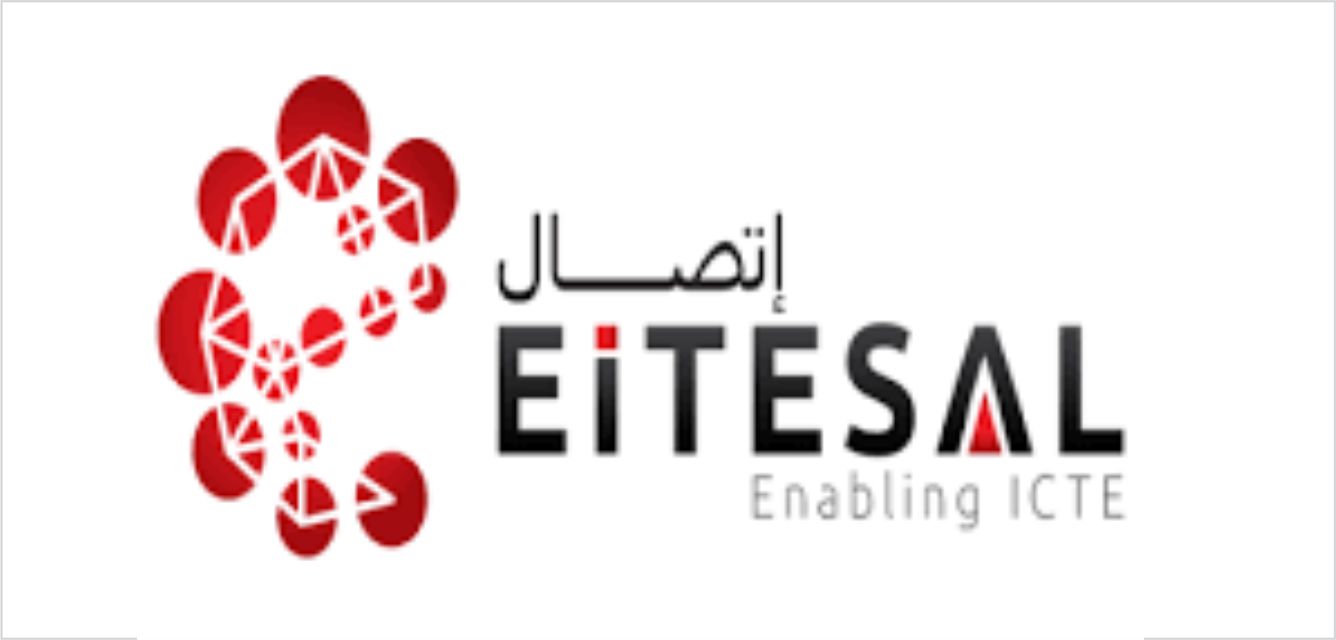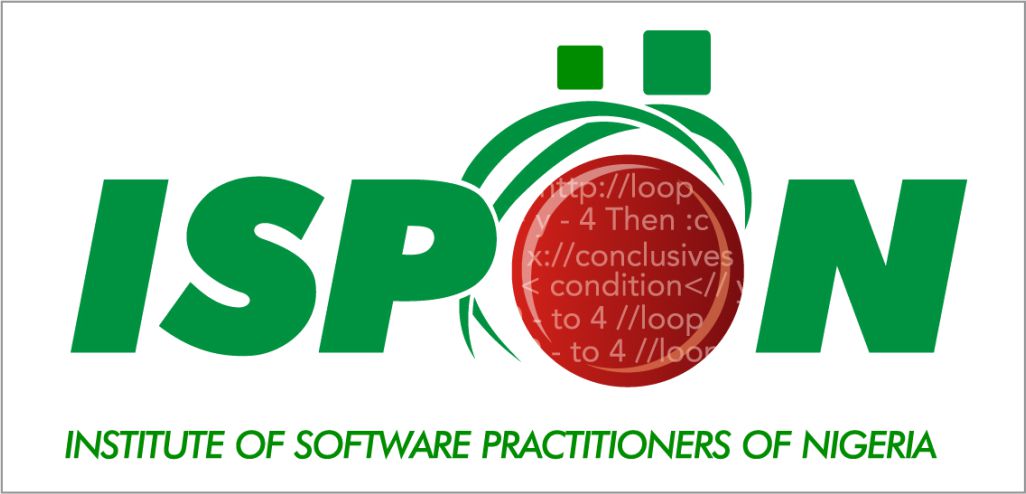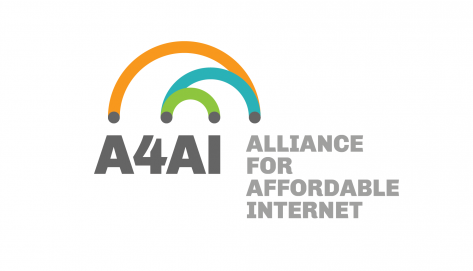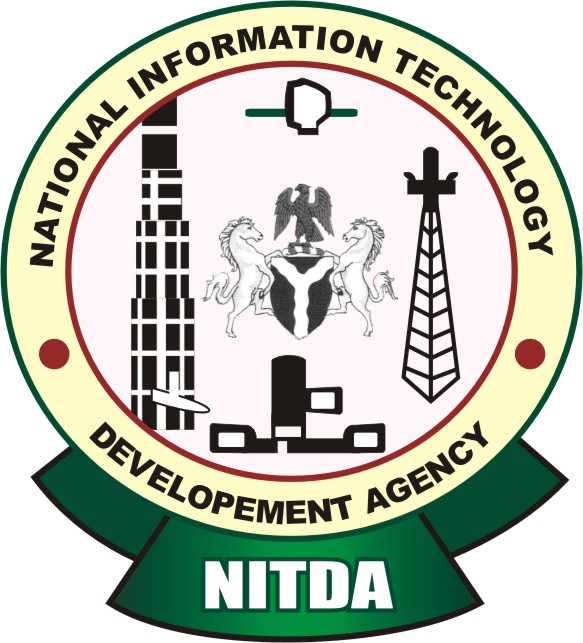|
"This would require governments to liberate the ICT industry, empowering new and incumbent players an open market within which to operate. The IoT would benefit from more open and unlicensed spectrum, lower national and international data rates, and an explosion in accessible public WiFi," said Rowney. IoT is present in Africa... but its full impact is yet to be realised and this is because, as Rowney explains, the high cost of data services compounded with the lack of reliable internet services across much of Africa has, so far, limited the technology's potential. "In many countries only a minority have access to the Internet. Further for many their countries IT and Communication regulation and policies are outdated and therefore impede growth and stifle innovation around the IoT," he added. In marketing its event, AfICTA leadership has raised the questions of whether Africa, as a more connected continent, is surpassing the 15% intra-African trade? Taking 60% of people out of poverty? And building a critical mass of skilled labour for tomorrow's prosperity? Rowney's view is that the continent has made progress, but has yet to connect the majority of citizens, in particular, and not limit its rural areas. "Even in urban areas where 3 and 4G is rife, many of urban population lack the financial means to access these services. There are many reasons why the continent has yet to achieve universal access and service, from poor or lack of core infrastructure, unreliable power, affordability, accessibility, outdated regulations, etc. Most can be overcome as can be seen in countries that are committed to bridging the digital divide." And although AfICTA is aware of the challenge presented by regulation that lags behind innovation, of un-or underutilised spectrum and of bureaucracy inhibiting 20th century telecommunication ideals, Rowney is hoping for a major turnaround in Windhoek in October. His wish is for the event to give rise to a technology revolution, driven by Africa for Africa, with a commitment from governments to implement a conducive environment for... Read more.
|
AfICTA
Hits: 1695
